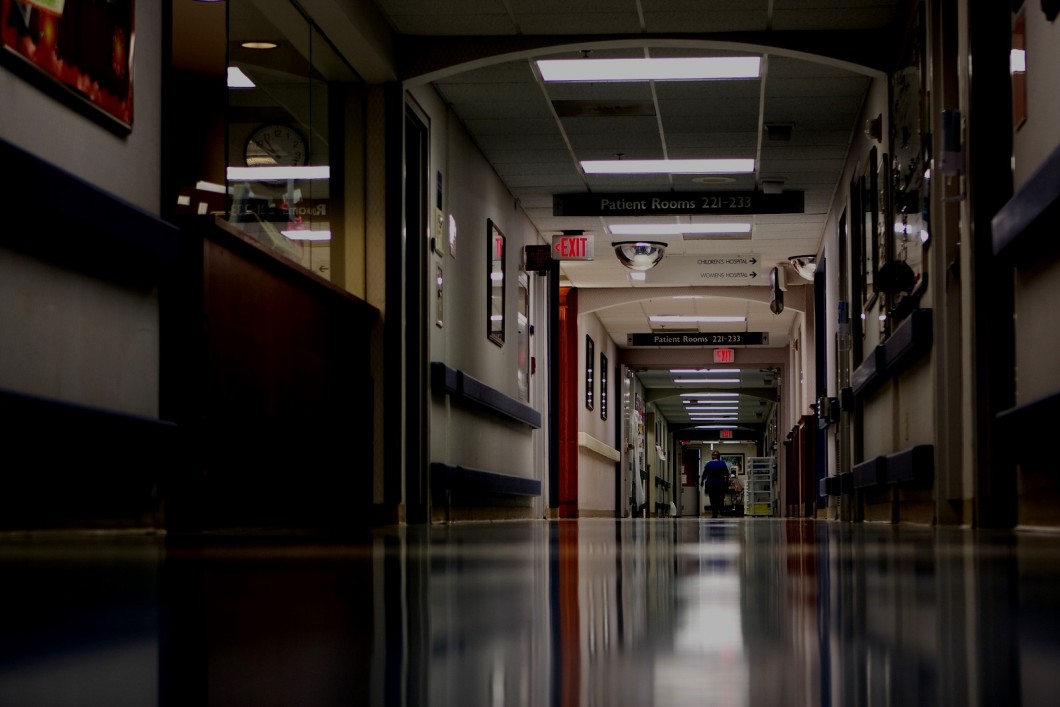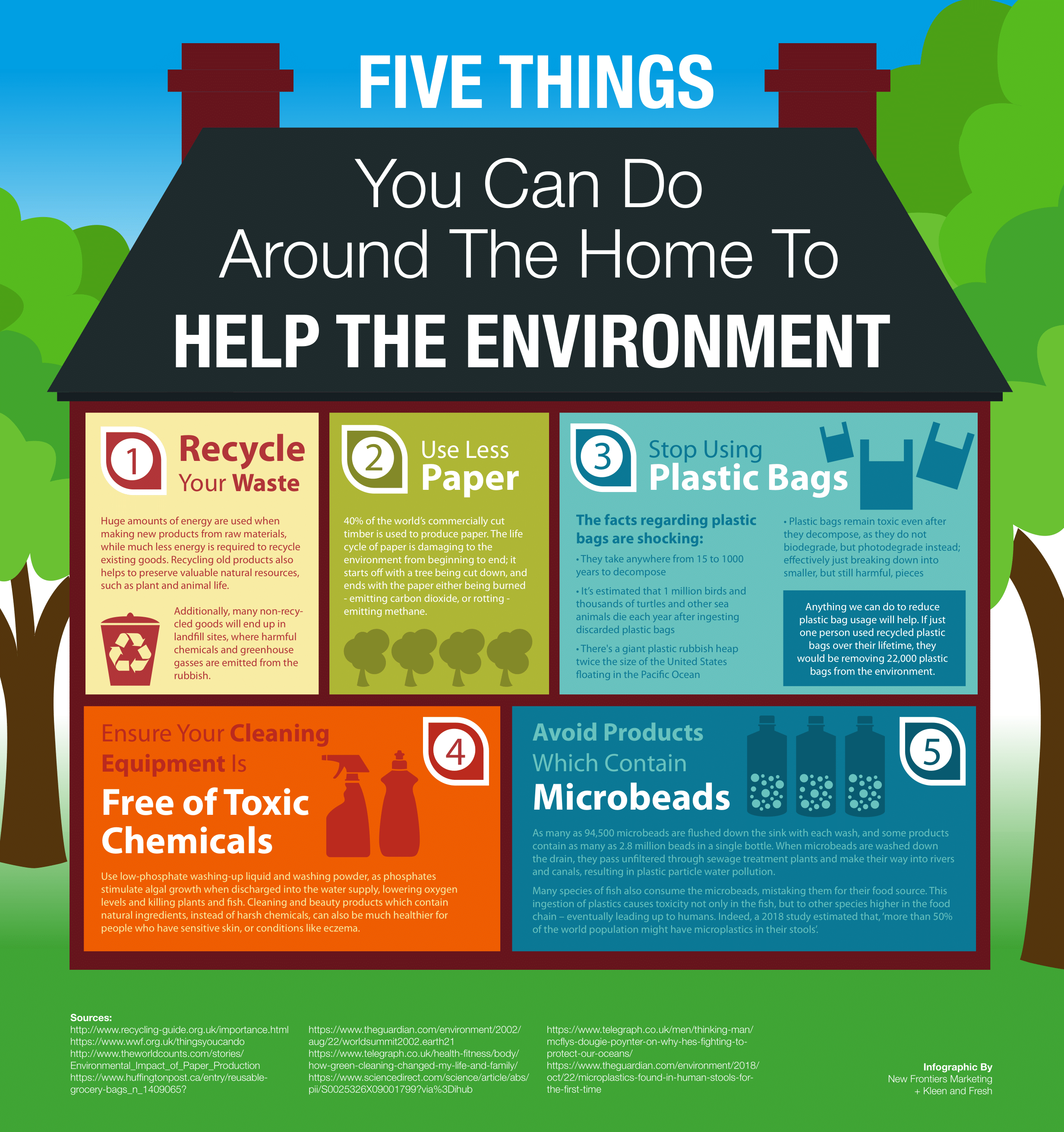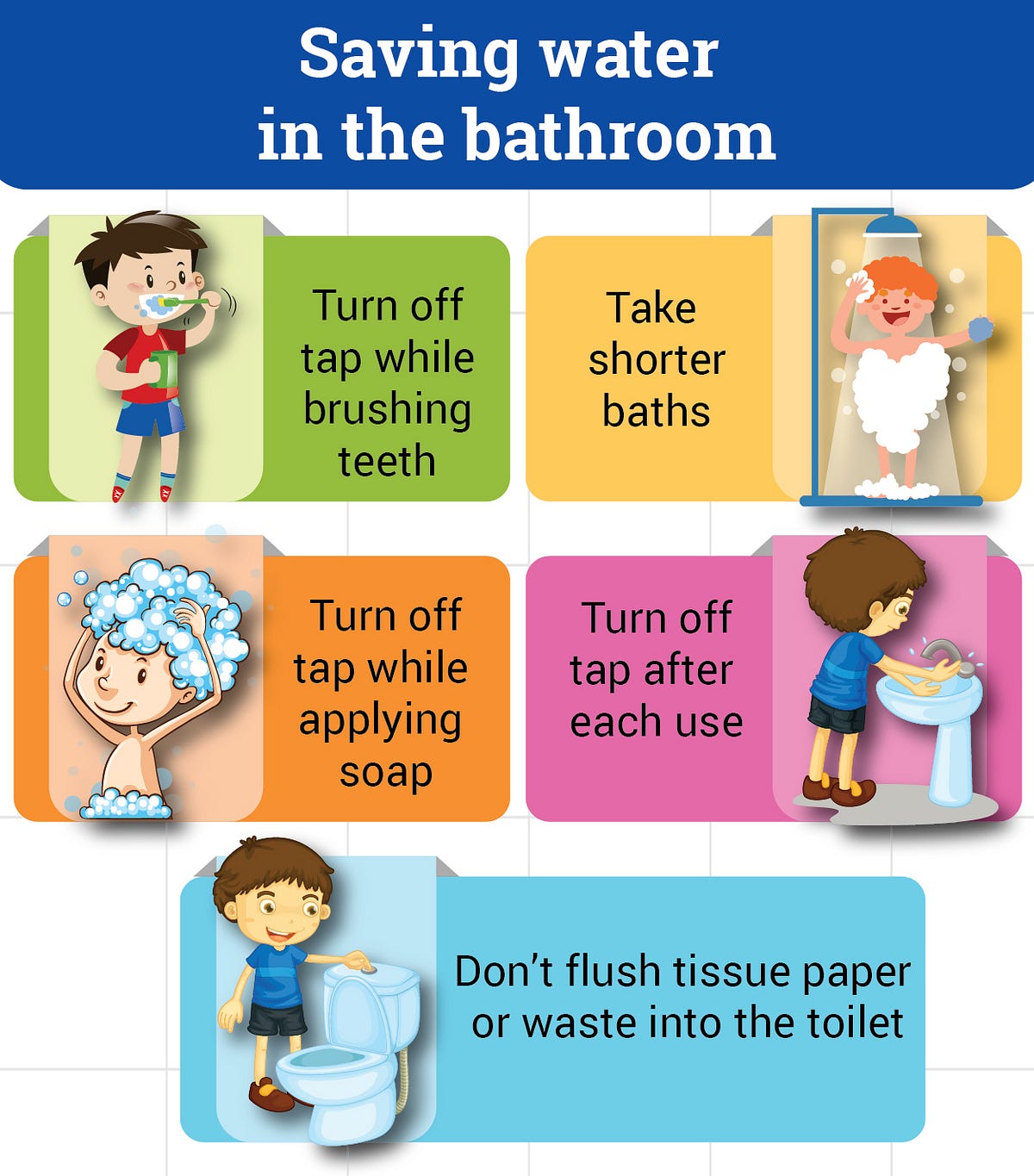Table of Content
CMS should take actions to ensure that incidents of potential abuse or neglect of Medicare and Medicaid beneficiaries are identified and reported. We invite you to use our commenting platform to engage in insightful conversations about issues in our community. Centers for Medicare and Medicaid Services , which has its own website called Nursing Home Compare. We’ve taken the information and organized it into an easy-to-use resource for families and residents, as well as researchers and other journalists. You can also seek legal action against the nursing home when there are incidences of abuse and neglect.

We rely on the most current and reputable sources, which are cited in the text and listed at the bottom of each article. Content is fact checked after it has been edited and before publication. Verywell Health's content is for informational and educational purposes only. Our website is not intended to be a substitute for professional medical advice, diagnosis, or treatment. Board games and card games can keep one mentally stimulated and can help stave off some cognitive illnesses.
Pressed for time? Stay informed with CNA's newsletters
OIG reports have identified shortcomings in State agencies' effectiveness and recommended improvements to strengthen this safety system for nursing home residents. In 2020, OIG quickly pivoted to new work to help protect nursing home residents during the pandemic. These individuals are particularly vulnerable to infectious diseases, such as COVID-19, due to their age and underlying medical conditions. OIG investigates potential violations to hold accountable those who victimize residents of nursing homes. Patient neglect and inadequate care by nursing facilities is a recurring challenge that OIG works with the Department of Justice to address in False Claims Act cases. Nursing Home Inspect enables you to search through thousands of nursing home inspection reports to find problems and trends.
Another rewarding activity could be writing down your life history as well as your family history, so the next generation does not lose that history. When visiting nursing homes, have a checklist of questions to ask and make sure those questions are answered during the visit. It is also helpful to actually write down the answers during the visit so the answers can later be reviewed and compared. Immediately after visiting, write down any impressions and thoughts about the facility. Holding nursing homes accountable for their performance requires a robust compliance program—a program that has adequate funding to perform inspections and that imposes meaningful penalties when deficiencies are found.
China nursing homes struggle to keep residents safe from COVID-19 wave
You can use the National Consumer Voice for Quality Long-Term Care website to locate an ombudsman who can help you resolve problems and advocate for a resident. The rise of digital medical records has made it easier than ever for nursing home staff to check a senior’s chart for detailed information on their current medication regimen and notes regarding allergies and past adverse drug reactions. Customized medication packages are often used so nurses have all a resident’s pills pre-sorted and ready to dispense in a sealed packet. Proper education, training and attention to detail are crucial for avoiding medication errors, but these tools help to eliminate much of the human error that is inherent in administering medications to many people at once. Most nursing home residents prefer to have private rooms to protect their privacy and dignity, but shared rooms with one or more other residents remain the default option. These multi-occupancy rooms increase residents’ risk of contracting infectious diseases, including COVID-19.

If, however, your loved one’s safety and wellbeing were already compromised by a nursing home, you can take legal action. The team at Ben Crump, PLLC, is here to listen and help you find justice. Some nursing homes are safe, but others may be understaffed and poorly managed, making way for serious safety issues. Our attorneys will examine your case to determine if any abuse occurred, when the incident took place, and how the statute of limitations applies to your situation.
Are Nursing Homes Safe?
Between 2010 and 2014, severe violations at nursing homes across the U.S. declined by 16 percent. Unfortunately for Texas numbers weren’t as positive, and many nursing home residents are still exposed to substandard treatment, abuse, or neglect. So are people with chronic medical conditions, such as heart disease, diabetes, kidney disease and respiratory illness. Both groups are heavily represented among the nation's 1.3 million nursing home residents.

CMS oversees the State process for certifying nursing homes and provides guidance to States regarding the survey process. Nursing home residents and their families rely on facility administrators to plan and execute appropriate procedures during emergency events such as emerging infectious disease outbreaks, natural disasters, and life safety threats. Noncompliance with preparedness requirements and plans can place residents at increased risk of injury or death during an emergency.
Statistics about Nursing Homes in Texas
Some of the homes have been cited for putting residents at “immediate jeopardy” of harm or death, our analysis showed. Our homes are led by our Directors of Nursing who manage and help our team of highly-skilled professional nurses, carers and other home staff. To solve these issues, the authors advocated for a “responsive regulatory” incentive structure, in which regulatory interventions are aligned with both the risks incurred by the homes and their emergency preparedness status. Looking into emergency preparedness deficiencies at these homes, the researchers found that the exposed facilities had a greater percentage of at least one such issue — 83.9 percent versus 76.9 percent.
Currently, more fatalities are occurring in the general population of older adults over 85 years of age than in those living in nursing homes. If you’re republishing online, you must link to the URL of this story on propublica.org, include all of the links from our story, including our newsletter sign up language and link, and use our PixelPing tag. Nursing home residents have been among those hardest hit by the new coronavirus. In some states, more than half of the recorded deaths have been long-term care residents.
Decades of OIG work on nursing homes has uncovered widespread challenges in providing safe, high-quality care. Our audits, evaluations, and investigations have raised concerns regarding staffing levels, background checks for employees, reporting of adverse events experienced by residents, and other issues. The Office of the Inspector General within the Department of Health and Human Services has uncovered misconduct and substandard care in many nursing homes that can result in medical injuries, unsafe conditions, and abuse or neglect of residents.

CMS will develop a template to assist and encourage States requesting to tie Medicaid payments to clinical staff wages and benefits, including additional pay for experience and specialization. Thanks to CMS’ National Partnership to Improve Dementia Care in Nursing Homes, the nation has seen a dramatic decrease in the use of antipsychotic drugs in nursing homes in recent years. However, inappropriate diagnoses and prescribing still occur at too many nursing homes. CMS will launch a new effort to identify problematic diagnoses and refocus efforts to continue to bring down the inappropriate use of antipsychotic medications.
Our latest update includes data on infection control violations, and notations for facilities that have had a coronavirus case. “Ensuring that nursing home emergency preparedness is commensurate with local environmental risks is important for safe-guarding residents,” they added. Because the elderly are at a higher risk of food illness, Aged Care Homes need to have a Food Safety Supervisor on hand to ensure that the best food practices are adhered to. A Food Safety Supervisor can ensure that safe and healthy foods are purchased, cooked, and stored correctly according to food safety regulations.

“The medical complexity and functional needs of nursing home residents render them susceptible to disproportionate harm from exposure to environmental hazards,” the authors concluded. “Our study suggests that there may be opportunities to better align nursing home emergency preparedness with local wildfire risk,” first author Natalia Festa, of Yale University School of Medicine, said in a statement. To draw these conclusions, researchers from Yale University investigated California nursing homes that had received certification from the Centers for Medicare & Medicaid Services and were located within 5 kilometers (3.1 miles) of a wildfire risk area.

No comments:
Post a Comment